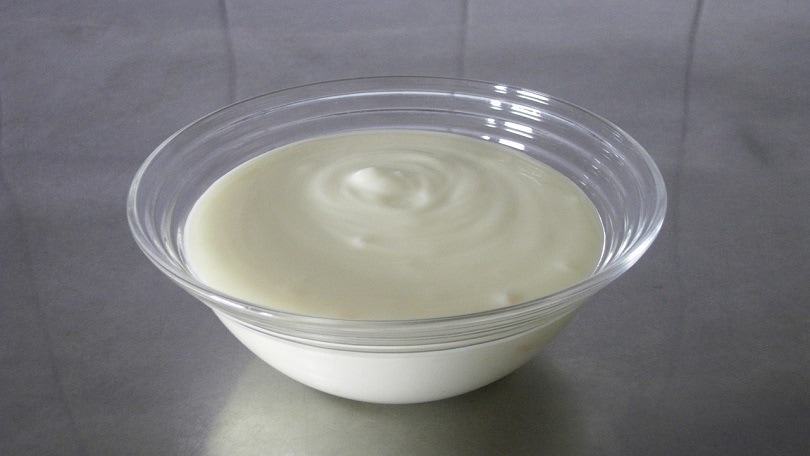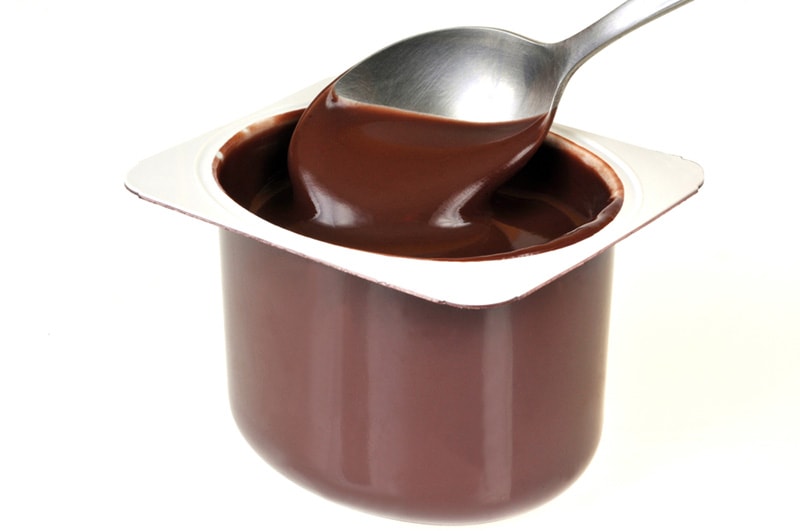Dogs have a way of showing interest in anything we eat, and that includes yogurt. So, what about Activia yogurt? Can dogs have a taste of this popular snack? The answer is yes, but there are a few important considerations to keep in mind before sharing it with your furry friend. Let’s explore the benefits, potential risks, and guidelines for feeding Activia yogurt to your pup.
The Benefits of Probiotics for Dogs
Just like humans, dogs can benefit from probiotics. Probiotics are live microorganisms that promote a healthy gut microbiome. They aid in digestion, nutrient absorption, and can even support the immune system and reduce stress and anxiety in dogs. While Activia yogurt contains probiotics, there are better sources of probiotics specifically formulated for dogs.
Does Activia Yogurt Contain Probiotics?
Yes, Activia yogurt contains probiotics. It’s packed with live bacterial cultures like Streptococcus thermophilus, Lactobacillus bulgaricus, Bifidus ActiRegularis, and Lactococcus lactis. These friendly bacteria have health benefits for humans, and in certain cases, can be beneficial for dogs as well.
Do Other Yogurts Contain Probiotics?
All yogurts are made by introducing live cultures of friendly bacteria to plain milk. However, some yogurts undergo heat treatment, which can kill the probiotic bacteria. To ensure the yogurt you choose contains probiotics, check the label for information on live cultures or probiotics.
Choosing the Right Yogurt for Your Dog
When it comes to feeding yogurt to your dog, plain yogurt is the best option. Flavored yogurts may contain excessive sugar or other ingredients that could upset your dog’s digestive system. It’s important to read the ingredients label and avoid yogurt with added flavors and sweeteners.
Important: Chocolate yogurt should never be given to dogs. Chocolate contains a compound called theobromine, which is toxic to dogs. Even small amounts of theobromine can cause symptoms like diarrhea, vomiting, restlessness, and increased heart rate. To err on the side of caution, it’s best to avoid sharing chocolate yogurt with your pup altogether.
Feeding Activia Yogurt to Your Dog
Activia yogurt, or any yogurt for that matter, should only be an occasional snack or treat for your dog. It should not make up a large part of their diet. Feeding your dog too much yogurt can interfere with their appetite for their regular meals, which provide essential nutrients for their overall well-being.
Always Avoid Artificial Sweeteners
When choosing a yogurt for your dog, it is crucial to avoid those that contain artificial sweeteners. While some artificial sweeteners are safe for dogs, they can still cause gastrointestinal distress. Xylitol, a common artificial sweetener found in low-calorie and sugar-free products, is highly toxic to dogs and can lead to severe health issues like low blood sugar levels, seizures, liver failure, and even death. Always steer clear of “sugar-free” yogurt varieties and any products that include artificial sweeteners when sharing food with your dog.
Be Aware of Possible Side Effects
It’s worth noting that many dogs are lactose intolerant and may have difficulty digesting dairy products. Even with the presence of probiotics, consuming yogurt can cause loose stools, gas, vomiting, and abdominal pain in lactose-intolerant dogs. While some dogs may be more tolerant to yogurt than milk, it’s essential to monitor your dog for signs of lactose intolerance and adjust their diet accordingly.
Other Probiotic Options for Your Dog
While dogs can consume human probiotics like those found in Activia yogurt, it’s important to note that there are dog-specific probiotic supplements available on the market. These supplements are specially formulated to meet the needs of dogs and provide them with the right balance of probiotics. If you believe your dog could benefit from a probiotic supplement, it’s always best to consult with your veterinarian for guidance on selecting the most suitable option.
Frequently Asked Questions
Q: Can dogs eat yogurt every day?
A: Yogurt should be given to dogs as an occasional treat rather than a daily occurrence. It’s important to maintain a balanced diet for your dog and not rely heavily on yogurt for their nutritional needs.
Q: Are there any yogurt flavors that dogs should avoid?
A: Yes, it’s best to stick to plain yogurt without any added flavors or sweeteners. Flavored yogurts may contain ingredients that are not suitable for dogs, such as excessive sugar or artificial additives.
Q: Can dogs eat chocolate yogurt?
A: No, dogs should never consume chocolate yogurt or any products containing chocolate. Chocolate contains theobromine, which is toxic to dogs and can lead to serious health issues.
Q: How much yogurt can I give my dog?
A: It’s recommended to give your dog a small spoonful of yogurt once or twice a week. Remember, moderation is key, and the rest of your dog’s diet should consist of high-quality balanced dog food and appropriate snacks.
Conclusion
In summary, dogs can enjoy Activia yogurt as an occasional snack or treat. However, it should not be a significant part of their diet. Always choose plain yogurt without added flavors or sweeteners, and be mindful of your dog’s lactose tolerance. It’s crucial to avoid yogurt made with artificial sweeteners, as they can be harmful to dogs. If you’re considering probiotic supplementation for your dog, consult with your veterinarian for the best options tailored to your dog’s specific needs. Remember, your vet is the ultimate source of advice and guidance when it comes to your dog’s nutrition and well-being.
See also:
- Can Dogs Eat Injera? Vet-Reviewed Health Concerns
- Can Dogs Eat Lion’s Mane Mushrooms? Vet-Approved Facts & FAQ
Featured Image Credit: New Africa, Shutterstock



